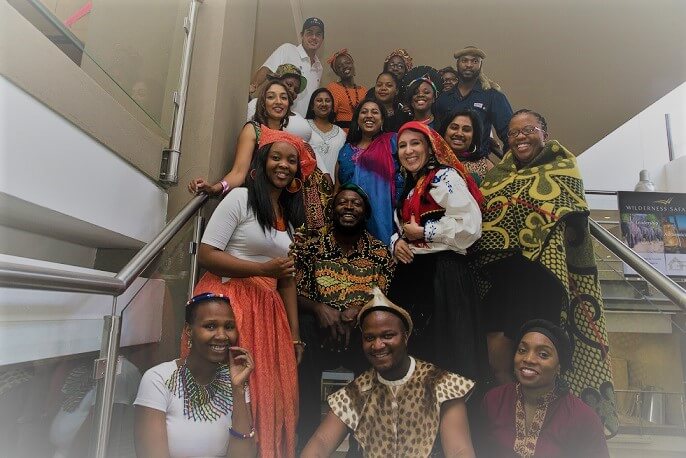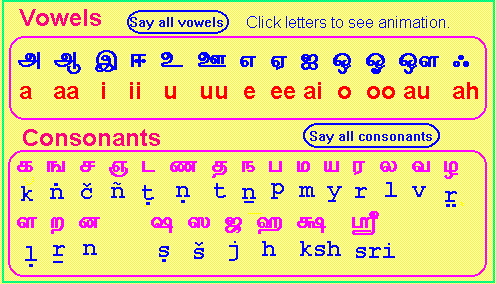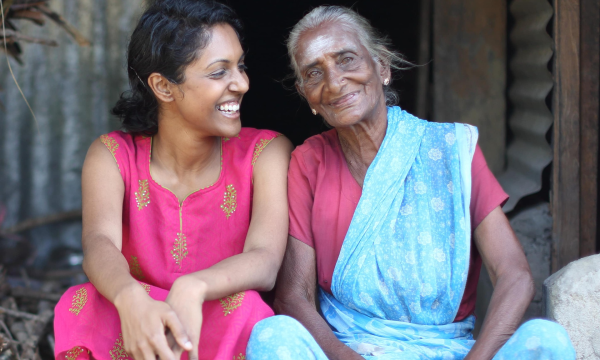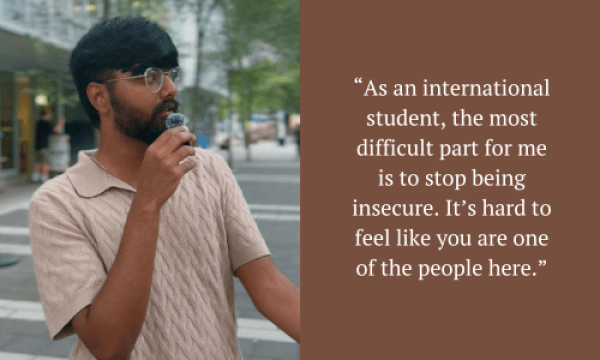
Date on your own terms! Join the other couples who have dated and married through myTamilDate.com!
Meeting and socializing with people who come from different cultural backgrounds is a wonderful thing. Spending time with a diverse set of people helps us to break psychological conditioning and perceptions we may have about others. Being a part of the Tamil diaspora in South Africa has provided me this incredible opportunity. It also allows us Tamils to share a little bit of ourselves with the rest of the world and in doing so, we reflect the cultural identity of the communities we grew up with. Whenever I find myself in a room full of global citizens, the language of communication is always English, spoken in a multitude of accents.
I never considered what my own accent sounded like to people from different parts of the world until I got asked a few times if I was from the UK (English with a bit of Indian). This question amused me because for one, I’ve never visited the UK and two, I think that I have quite a Durban Indian accent. Regardless of the fact that I belong to the fourth generation, there is still a hint of an Indian accent that comes through in how I pronounce the words.
It is an interesting observation to note that my two year old nephew has picked up little Durban Indian phrases such as ‘therewah’ in favour of the more grammatically correct ‘there you are’. Those of us in our household who unconsciously use this phrase have now been passed it down to a Johannesburg fifth-generation toddler.
Listen to our new podcast 'Identity'!
Shakthi / Theatre, Intergenerational Trauma and Australian Tamil Identity
I have a colleague of North African descent who is the ONLY person in my day greeting me with, ‘Vannakum.’ One day I explained what it meant and he fully respects the richness of the Tamil culture. In general, Tamil South Africans have stopped calling each other akka (older sister) and anna (older brother), or Amma (mother) and Appa (father).
Absolute South African Tamil Indian expressions come into every day conversation and get more intense if the audience members belong to a similar culture. There is also a mixing of general South African phrases. A few that come to mind are:
“I’m vying pozie, exse” – translated: I’m going home, buddy!
“Hey bra, whatkind?” – translated: Hi my friend (bra is an adaptation from bro/brother), how are you doing?
“Pull in outie, got span dops here” – translated: Come for a visit my friend, there are plenty of drinks here!
"Lukka larnie" – translated: All is well, boss-man.
As I write these phrases I can’t help but chuckle to myself because no one else except a Durban South African Indian can understand the sentence structure or weird grammar that I have used. All this means is that we’ve created our own little linguistic nuances. Even though they will definitely confuse others, those that belong to our community in South Africa will understand each other perfectly. I find it remarkable that even the most educated among us will still be able to communicate to each other in this way, while concurrently hold a stimulating conversation with other people in proper English.
This leads me to the point of language. Sadly, many of us in South Africa have not maintained a link to the language of our forefathers, or our mother tongue. This happened for a number of reasons ,but mostly as a result of generational change. We’re living in a western environment with many global influences. Asian cultures are considered extra-curricular knowledge in our community. Unfortunately, due to the constraints of time and financial resources, there is no demand for language classes. The impact of this could be used for a social study as it influences music and religious practices too.

I have to confess that I get a little embarrassed when someone asks me how many languages I can speak: one and a half. The half is for Afrikaans, derived from Dutch, which was a compulsory second language forming part of the school curriculum during the days of apartheid in South Africa. I can only write this off to a lack of effort on my part (notice the accountability). The resources exist but I always default to the silly excuse that there is no time to attend classes. Of course, learning Tamil features on the to-do list for many of us South Africans. We get distracted by life’s demands and so it shifts in priority. Learning Tamil certainly would re-energise a rich and complex South African Tamil culture and it might even help us connect further with our history.
Oftentimes I find myself knowing the words to the Tamil music and connecting so deeply to the lyrics. A strong part of me wishes that I knew the intricate meaning of the words. For those of you who feel the same way, here are a few organizations committed to supporting the Tamil Culture in South Africa.
South African Tamil Federation http://satamilfed.org.za/#home
Thamizha https://www.facebook.com/groups/satamilunity/
READ NEXT
Tamil Innovators: V.T. Nayani On The Power Of Storytelling
Tamil Innovators: Noel Kirthiraj, CEO Of Maajja, On The Future Of South Asian Music

























